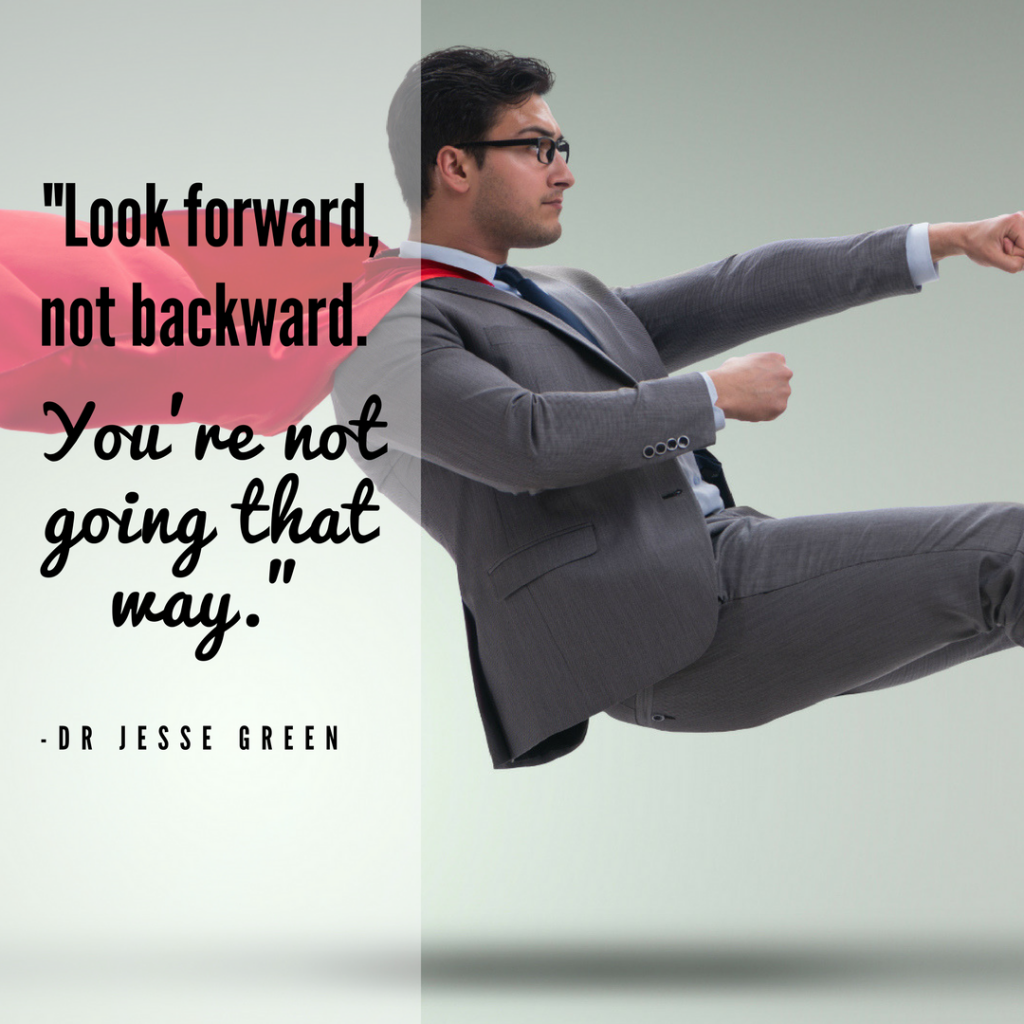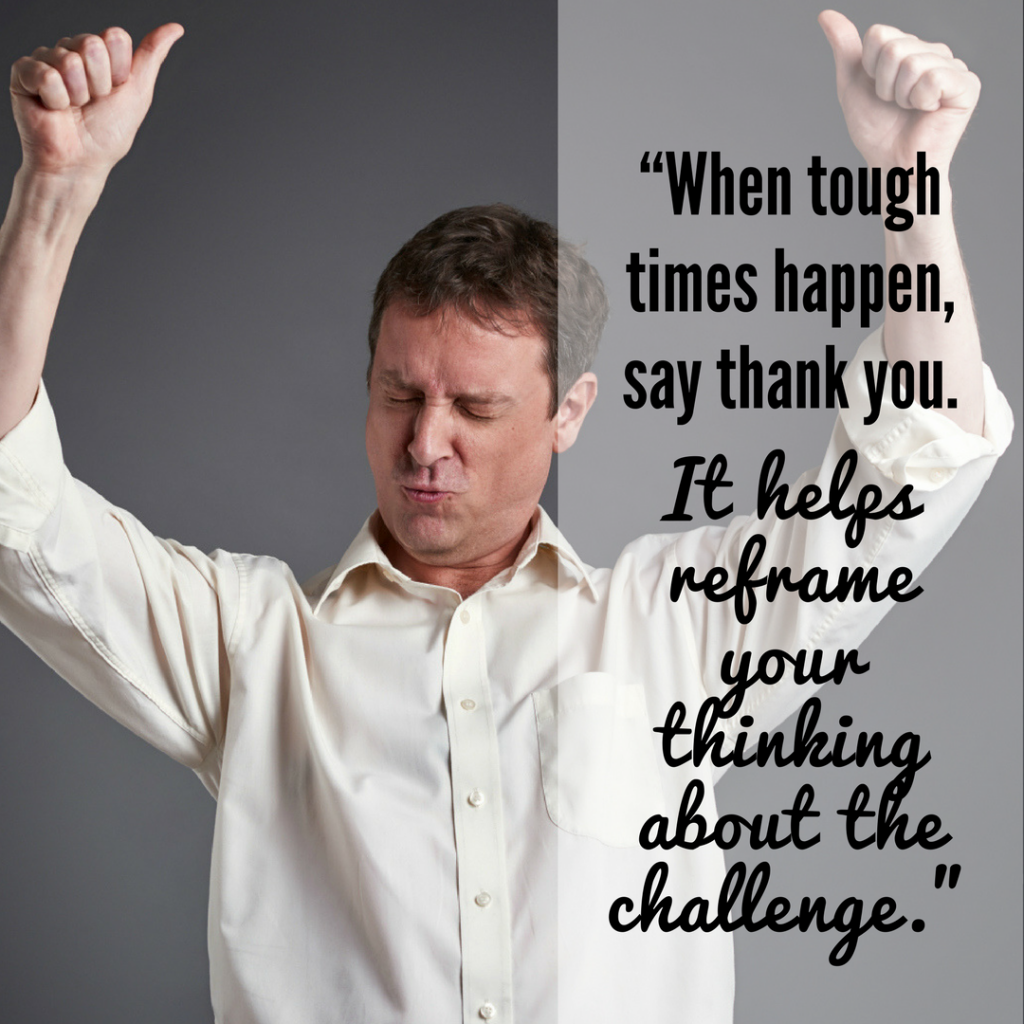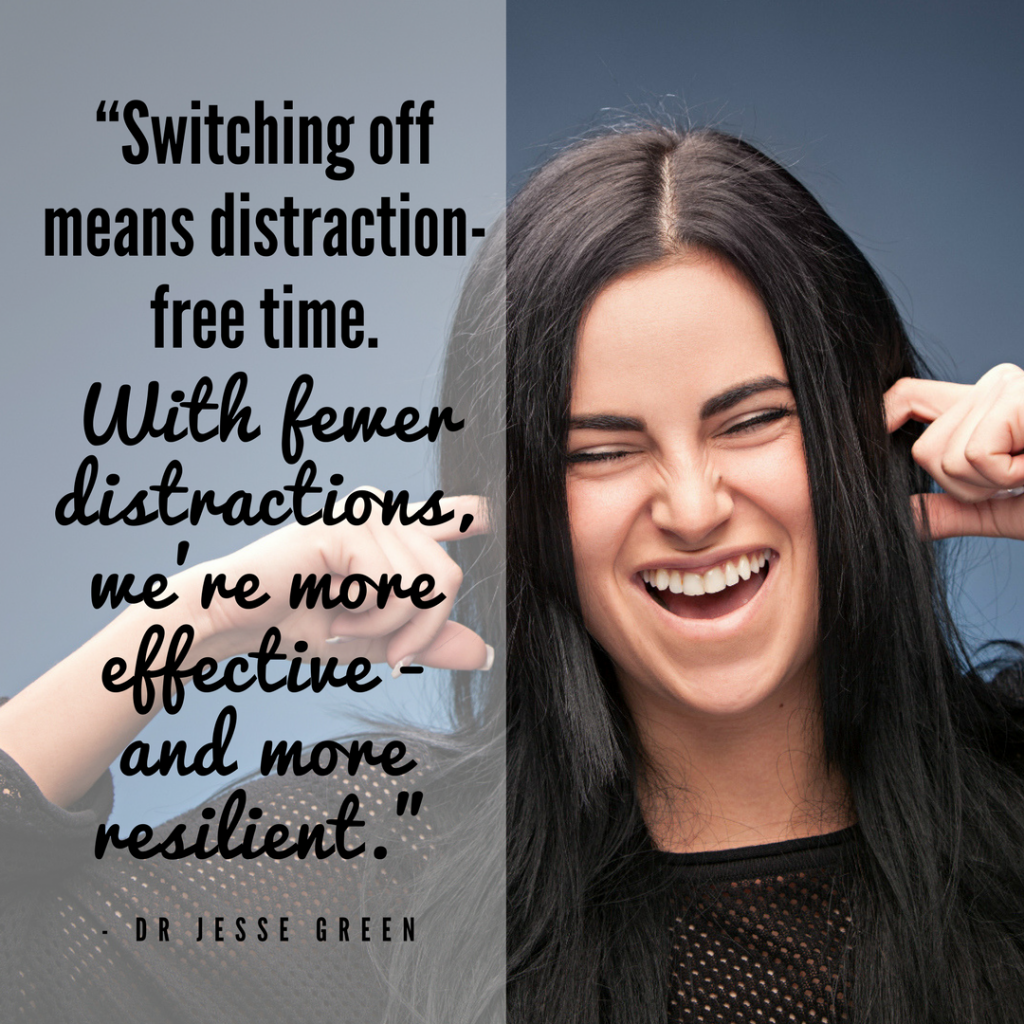There’s a lot of talk about resilience these days.
We hear about it in personal and professional spheres.
Kids are taught it in schools.
And it’s a popular topic in business circles.
Why is that?
Don’t we intrinsically know how to be resilient?
It seems not.
While we each have the potential in us to develop resilience, it remains potential unless we develop resilience skills through experience.
Thankfully, we don’t often need to look for opportunities to hone those skills.
Despite our best laid plans, life has a neat way of throwing curveballs. And that’s when we have the opportunity to choose.
Whether we’ll be defeated by the setback or whether we’ll use it to pave the way to success and become resilient?
Making resilience part of our everyday business survival arsenal is simple, but not easy.
Let’s look at how to master the art.
Reflect When Life’s Turned Upside
In business as in life, we can have clear plans, with every detail finessed, but here’s what I’ve noticed.
Just when you think you’ve got it nailed, something comes along and changes the state of play.
It’s the life equivalent of an intercepted pass that leads to a winning try for the opposition in the footy grand final.
Not what you had planned.
Significant challenging events turn life upside down. They do that because they’re meant to.
In the early aftermath, we might find we feel feeling dazed, confused and disappointed. In many instances, a complete rethink on our approach might be needed.
If you’re on the planet, there’s a good chance you’ve experienced at least one event like this.
Fortunately, there’s an upside.
Anyone who’s worked through the challenge and made it out the other side will tell you: the seed of their current success was buried (often deeply) in that ‘setback’.
That’s why it’s important to resist the urge to reboot immediately and launch straight back into business and life. Take time to reflect instead.
Unless you allow space to integrate the experience, there’s a good chance you’ll miss the lesson.
It’s also likely you’ll bypass the opportunity to develop your resilience muscle.
Make a Choice
Resilience is frequently forged in the working through, and emergence from, a challenge.
And there are few better platforms than business on which the resilience muscle can be built.
Whether it’s a financial, team or operational challenge, the approach remains the same.
As business owners and leaders, we have the opportunity to exercise the greatest power there is: the power to choose.
We can succumb to disappointment and let ourselves feel miserable.
Or we can acknowledge the challenge, look for the lesson, integrate it, and move forward, wiser and more resilient.
The irony is, challenge is where the resilience muscle is developed. It doesn’t happen when life’s going swimmingly. It needs setbacks to grow.
If you’re wanting to cultivate resilience, make a choice to accept the challenge.
Look Forward, Not Backward
There’s a funny little saying, “Look forward, not backward. You’re not going that way.”
That forward focus is what will help build resilience, regardless of the challenge on your plate.
Consider the significance of proportions in your car’s windscreen and rear vision mirror.
The windscreen is large and provides a clear view of where you’re going.
By stark contrast, the rearview mirror offers narrow vision of what’s behind.
A great analogy for how we can choose to see life, we can apply the windscreen/rearview mirror approach with every challenge, big or small.
We can do that by looking forward to the potential and possibilities, strengthened with insights and lessons from what’s past.
Build Your Resilience Toolkit
Although significant life changing events are one way we can build resilience, the little things in life can provide the same learning ground.
As dental business owners and operators, we’re given ample opportunities to build our resilience muscle.
Quite literally, there are challenges for us every single day.
That’s business ownership.
If we’re not in the mindset or habit of being resilient, we can very quickly become overwhelmed and unproductive.
When I interviewed Stacey Copas on my podcast recently, she addressed this specific issue.
She also shared her go-to actions for managing through any challenge that arises:
- Focus on the here and now – It would be easy to let negative thinking take over, and while you might feel temporarily relieved, doing this long term won’t build resilience. Focusing on what’s right in front of you, rather than catastrophizing, will allow you to implement a more effective solution.
- Say thank you – When tough times happen, say thank you. It may seem counter intuitive to express gratitude for the challenge you’re facing, but appreciation is a great salve. It also helps reframe your thinking about the challenge. Opening the pathway to a different perception, more creative solutions frequently follow.
- Look for the lesson – Challenges offer the greatest opportunities for learning and improving, if we choose to look for them. By discovering the lesson, we’re less likely to repeat the mistake again.
- Think about who you can help – While it’s great you’ve learned from a challenge, consider whether others might benefit from your wisdom too. Sharing your story with professional peers, your team, and even friends, can help them avoid the same pitfalls.
Switch Off
I said right up front, building resilience is simple, but not easy.
The same goes for this next tip: switch off.
How easy is it to stay connected to 24/7 technology, but remain disconnected from the priorities that enhance our business and wellbeing?
Being ‘on’ all the time is stressful and exhausting.
And it definitely doesn’t strengthen the resilience muscle.
On the contrary, we’re more likely to react rather than respond, always less than ideal when people are involved.
Switching off means distraction-free time – when you’re working and when you’re not.
Quality sleep, putting your phone on flight mode for chunks of time, and using social media for work, are just some ways to help switch off. Find what works for you and stick with it.
You’ll find with fewer distractions, you’re more effective – and more resilient.
Focus On Critical Drivers
Regularly shared with my coaching clients, here’s a tip worth repeating daily: focus on critical drivers.
That means focus on actions that create the biggest difference and most momentum.
It’s all too easy to be distracted by ‘the next big shiny thing’ – another opportunity, course or marketing tool – and lose sight of what you’ve identified as important for you and your business.
With a clear understanding of your critical drivers, it becomes much easier to focus efforts and realise outcomes.
Because we’re always more likely to cut ourselves slack than not, it pays to have a coach or mentor to stick to those priorities you’ve identified.
Acting as guide, they can do double duty as an accountability partner too, ensuring you do what you’ve committed to.
Final Words
Although there are those who’ve mastered resilience, most of us are a work in progress.
Challenges offer up perfectly timed opportunities to develop resilience skills – exactly what we need at a specific moment in time.
Rather than wish the challenge away, look for ways to muscle up and turn your setback into business success.



